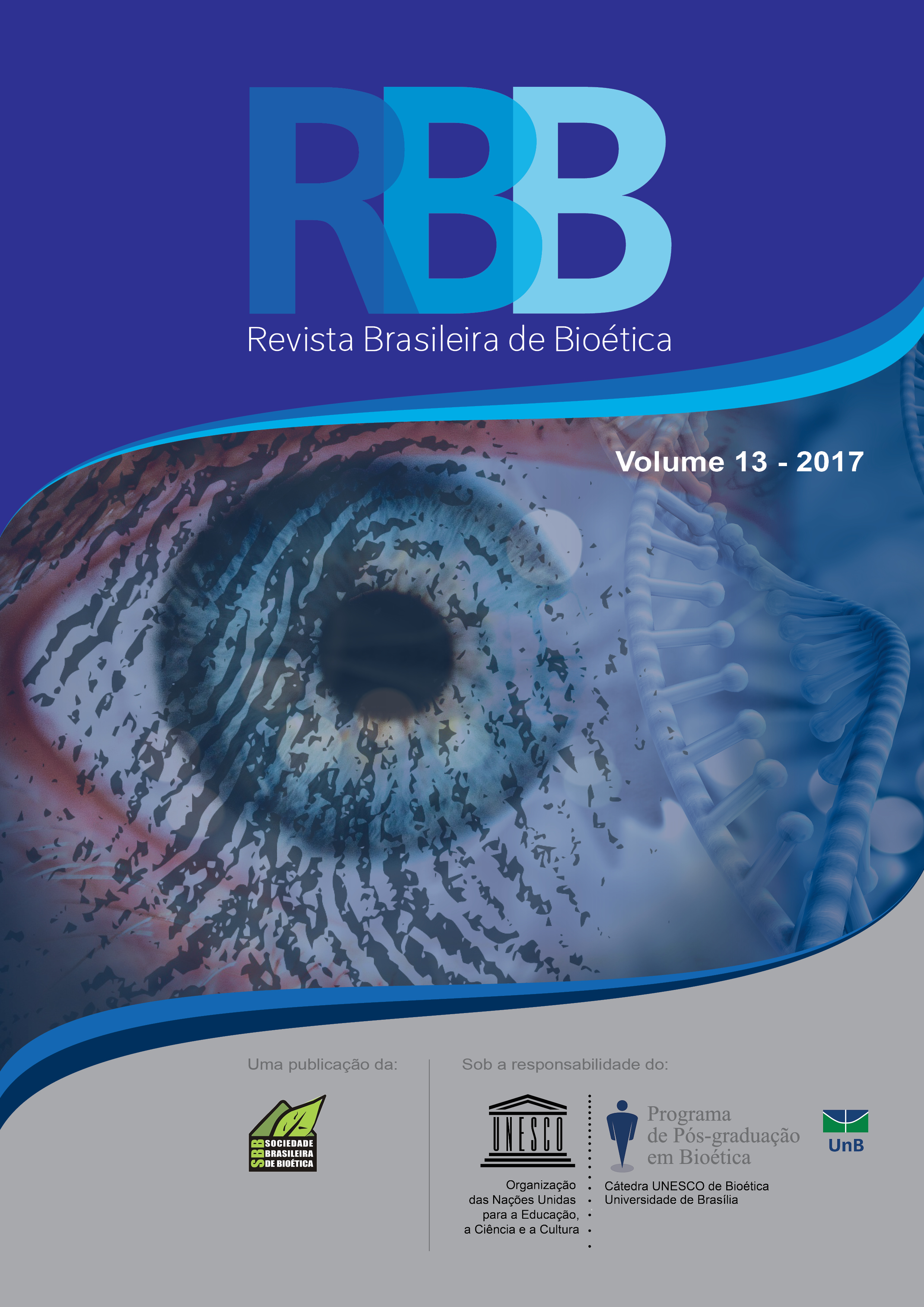Social participation in the Unified Health System in the light of Adela Cortina's Citizenship Theory
DOI:
https://doi.org/10.26512/rbb.v13i0.11467Keywords:
Citizenship. Social participation. Social Control. Health Councils. SUS.Abstract
This qualitative research aimed to analyze the citizenship exercise in a Municipal Health Council (CMS) with Adela Cortina's Citizenship Theory as a reference. There were six non-participant observations and thematic content analysis of eleven meeting minutes of a CMS in the south of the country. It was observed a public space under a dispute of powers and interests; difficulty in belonging to a political community that does not provide justice; community participation still incipient; an ideal of deliberation and dialogue subjugated and replaced by the decision based on voting, and little independent counselors. It was concluded that there is a need to re-sesignify the citizenship exercIse in the CMS. At a time in which the historically conquered right to health is actively threatened, the exercise of citizenship through social participation in the Health Councils must be the protagonist of resistance and confrontation to the Brazilian public policies setbacks since there will be a real democracy with a continuous citizenship increase.



